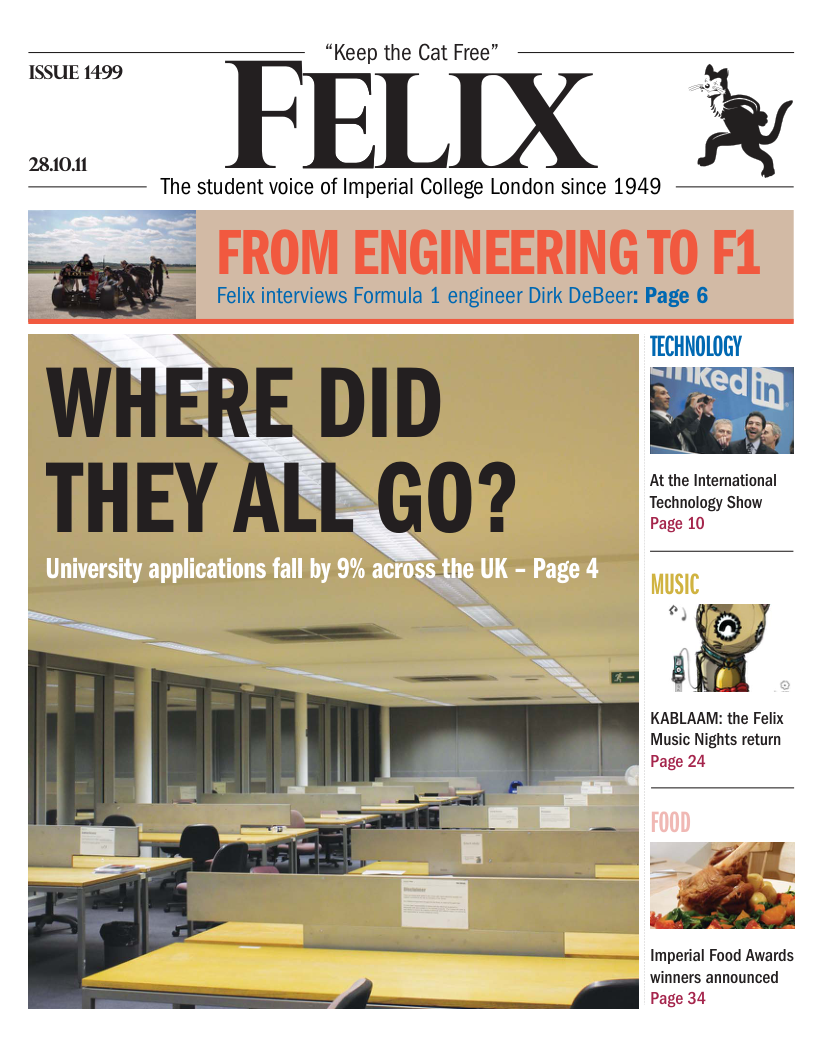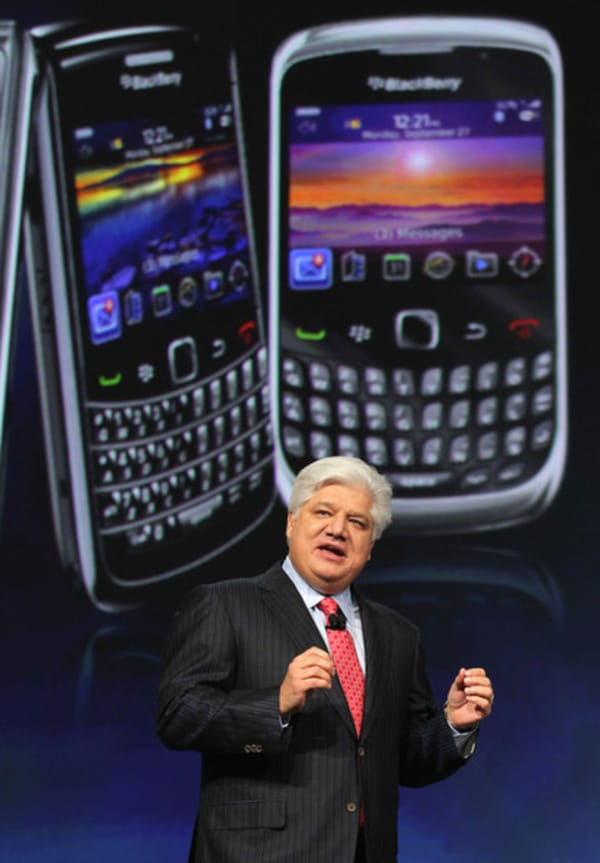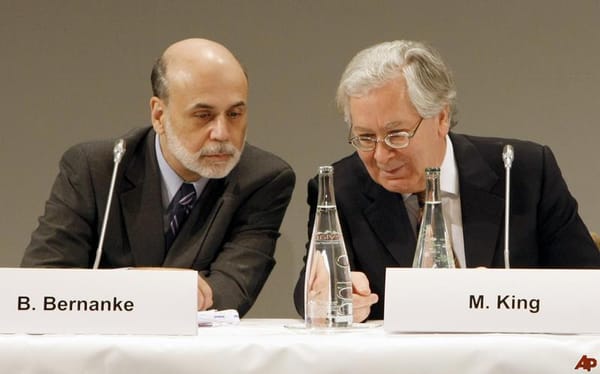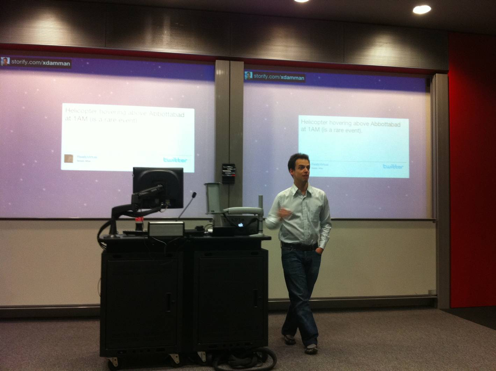Business in History
The Cautionary Tale of King Phillip II, the ‘Paper King’ of Spain

Be it for ignorance, insecurity or psychological compulsion, micromanagement is an ancient curse no business or institution is safe from, and whose risks and consequences can only increase the higher the micromanager’s influence reaches. Though a well-known managerial style – at least known well enough to have its own (and pejorative) name – no reliable statistical study on its occurrence appears to exist; nor does there seem to be any thorough study, psychological or sociological, of the phenomenon beyond, namely the economic consequences when it affects business managers.
This is indeed a surprising fact, especially since micromanagement has afflicted so many historical figures that this article could be filled by a list of their names. But, instead of boring the reader with such a dull curiosity, it is our intention to expose the dire consequences micromanagement can have by considering the best known example of such: King Phillip II of Spain.
Phillip II (1527-1598) is perhaps best known in the United Kingdom for being the husband of Queen Mary I, and for trying to conquer England with the ill-fated Spanish Armada. Perhaps less known are his working habits, constituting the most extreme case of micromanagement in history.
Phillip II inherited from his father, Emperor Charles V, the Crowns of Castile and Aragon, which included, respectively, the Americas and the Kingdom of Naples, as well as the Netherlands, Flanders and other former territories of the Duchy of Burgundy. Later on, he would become King of Portugal (1582). Each of these territories were subject to their own legal systems, inherited from the Middle Ages, and had little in common except their monarch.
Hence, to no surprise the Spanish monarchy had promptly divided its affairs into different councils, each of which was in charge of part of them – e.g. the Council of the Indies would take care of America; the infamous Council of the Holy Inquisition, of religious affairs, etc. Any affair had to be referred to one of 14 such councils. For instance, if the viceroy of Naples had something to report, he would have to send his letter to the Council of Italy, rather than to the King himself, and wait instruction from that Council.
Albeit somewhat an archaic managerial system, in theory it allowed the King to oversee the general policies of his empire, and leave all the minor details to the Councils.
However, Phillip was terribly meticulous and demanding. Each Council was thus required to forward to the King, in written format, all the decisions that had to be made along with their recommendation, for them to be personally reviewed by Phillip. These decisions ranged from the most important policies, such as peace treaties or military decisions, to the pettiest issues, including any grant, patent, request, building licence… even to the awarding of a university degree! In short, he centralised in his person all the bureaucracy of his kingdom; his desk was the final destination of all the paperwork of the Spanish monarchy: no wonder he was sometimes called the Paper King!
The amount of paperwork was so overwhelming he would devote to it most of his time. He woke up very early in the morning (around 5-6am), and almost inmediately start to review the first set of documents of the day, carefully reading them and replying by hand. Sometimes his answers would be brief: “Indeed”, “That is fine”, “This pleases me a lot”; but sometimes he would unburden himself in long and pointless paragraphs in which he would correct, and even tell off and complaint about whatever he thought was not right.
For example, upon receiving a request from the University of Alcala to grant a degree to some “Maximilian of Austria, natural son of bishop Leopold of Austria, in turn natural son of emperor Maximilian I and one of his sisters-in-law, a daughter of the King of Portugal”, he promptly corrected the University by pointing out, in a long letter, that “that cannot be, for the wife of emperor Maximilian was not Portuguese but the only daughter of the Duke Charles of Burgundy, who was left in charge of some king of France who tried to take over her state. And look how good a tutor he was, that being the cause of so many of the wars that have happened since!”
If I had to wait for death, I wish it came from Spain, for then it would never arrive! Viceroy of Naples, c. 1570
Sometimes he would even complain about his own administrative system in those replies: “it is necessary for some things to wait, for I cannot take care of all of them at the same time. Today there came two men, whose affairs held me for two hours, and the amount of documents they left behind will take me more time than I have. I am exhausted.”
His attention to detail was such that, on the comissioning and building of a palace, he wrote to his architects ordering them to place the kitchen assistant’s quarters far away from the service latrines, as the smell could be unbearable.
The consequences of this obsessive attention to detail were ample. As Phillip himself complained, the amount of affairs he had to take care of usually meant huge delays in his decisions. For instance, in the 1570s, fearing a Turkish invasion of southern Italy, the viceroy of Naples asked the Council of Italy for permission to levy troops. Ten disquieting months passed before a decision was made – to call troops from northern Italy. In the meantime, the viceroy is said to have bitterly complained: “if I had to wait for death, I wish it came from Spain, for then it would never arrive!”
Having so many affairs to take care of made most of his decisions incredibly short sighted; his lack of time to ponder an adequate economic and military policy (he would simply order more levies if his possessions were to be attacked) made him spend far more money than he had in such a way that, even though Spain was by far the richest country in Europe, it faced three sovereign defaults during his reign. A French ambassador would summarise this all by pointing out that Phillip’s decision of being “king, minister and secretary at the same time is virtuous, but it leads to so many delays and confusion that all those who have to deal with the Crown despair.”
The story of king Phillip II has many lessons to be learnt about the dangers of micromanagement. For indeed, as it happened to Phillip, all micromanagers end up enslaved by their own obsessions; the bigger the responsibility, the less free time they will have; and taken to the extreme, the micromanager will lack the time to clearly and carefully think about his decisions – many of them will have to be delayed, and many more taken in a rush.
Furthermore, all micromanagers can end up being victims of their own systems. Phillip, for instance, managed to isolate himself from his own advisors: any request had to be forwarded in written format, and since the ones in charge of filtering them were his secretaries, they could safely dismiss affairs against their own interests, or bury them among the ample paperwork. In short, they became the most influential men in Spain and Phillip often appeared to be no more than an additional element of his own bureaucracy.









